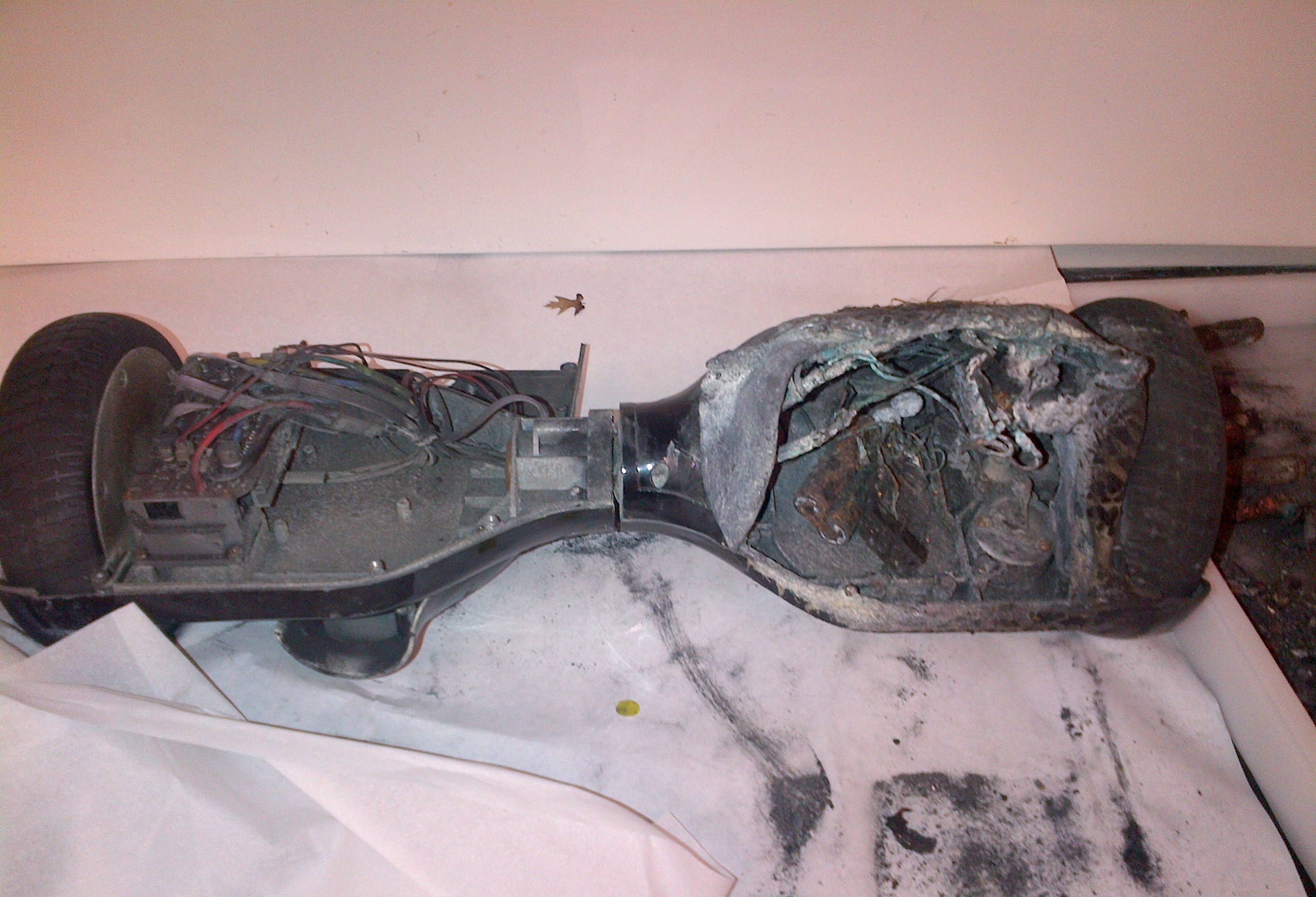Work related injuries exacerbate income inequality
Personal injury attorneys representing construction workers that have been injured at work understand too well the economic consequences of such accidents. When a worker is injured he will not only have direct costs such as medical expenses but also indirect ones such as lost wages and fringe benefits as well as lost home productivity.
A recent study published by the American Journal of Industrial Medicine provides an analysis of the economic consequences of workplace injuries in the United States. The authors of the study , Xiuwen Sue Dong DrPH1,*, Xuanwen Wang PhD1, Julie A. Largay MPH1 and Rosemary Sokas MD, MOH2 estimated that in 2007, the total of the direct and indirect costs of all reported work injuries in the US cost $250 billion, higher than the $219 million spent on cancer. Worker’s compensation covers an average 44.5% of the direct medical costs but this amount represents only 20.7% of the total costs. The difference is being shifted onto the workers and their families, insurance carriers and the government.
The study finds that following an injury, an injured worker’s family will suffer income loss because of the lost wages and his or her disability. The study also shows that Union workers are better protected in case of an accident and will suffer a moderate income loss compared to a non union worker who suffers the same work injury. Income disparity will persist in the long term.
 New York Personal Injury Attorneys Blog
New York Personal Injury Attorneys Blog









 ssed this year will include: distracted driving, interaction of side airbags for children in Child Restraint System (CRS) in the back seat, evaluation of side impact for children in CRS in the front seat, optimal recline angle for rear facing CRS and Consumer Report’s new child seat test protocol, efficiency of CRS recalls, LATCH use, Top Tether use, misuse and side impact, accident reconstruction and relation between New Car Assessment Programm (NCAP) and real world injuries.
ssed this year will include: distracted driving, interaction of side airbags for children in Child Restraint System (CRS) in the back seat, evaluation of side impact for children in CRS in the front seat, optimal recline angle for rear facing CRS and Consumer Report’s new child seat test protocol, efficiency of CRS recalls, LATCH use, Top Tether use, misuse and side impact, accident reconstruction and relation between New Car Assessment Programm (NCAP) and real world injuries.